
Taking Back the Economy: The market as a Res Publica
Republicans seek to protect and promote individual freedom. So do libertarians of the right. The difference? Republicans recognise that the market is constructed through political, public action. Freedom in the republican tradition requires enjoyment of the fundamental liberties with the security that only a rule of law can provide. You must be publicly protected and resourced in such a way that it is manifest to you and to all that under local (not unnecessarily restrictive) conventions: you can speak your mind, associate with your fellows, enjoy communal resources, locate where you will, move occupation and make use of what is yours, without reason for fearing anyone or deferring to anyone. You have the standing of a liber or free person; you enjoy equal status under the public order and you share equally in control over that order. [This post is part of the Democratic Wealth series, hosted by Politics in Spires in partnership with Our Kingdom.]
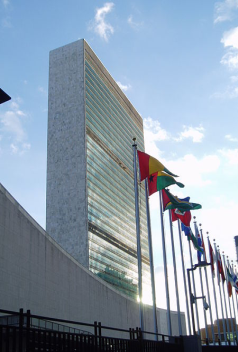
Neither Cynical nor Dogmatic: The right attitude to international law
Public International Law tends to elicit from many people a cynical response; from many others a dogmatic attitude. International Law is thus seen by the first as irrelevant and unrealistic and by the latter as deserving a religious-like adoration.
Neither position is warranted by reality.
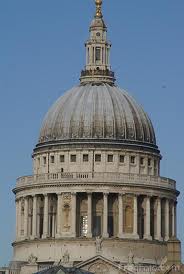
Same-Sex Marriage, National Churches and the Labour Party
On 11 December, the government announced its response to the consultation on same-sex marriage that took place from 15 March through 14 June 2012. The initial consultation concerned how (not whether) to proceed with same-sex civil marriage. In its response to the initial consultation, the Church of England failed to respond to the question that the government had asked. It took the position that all marriage (civil or religious) was the same and that same-sex marriage should not be offered by the state.
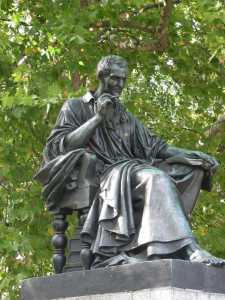
The Commercial Republic: A contradiction in terms?
Republican thinking today relies heavily on a classical conception of citizenship. Can this ever be compatible with modern commercial society?
If there are resources in republicanism for re-thinking the contemporary economic order, it might be worth turning to a republican thinker who wrote on the topic of political economy. Jean-Jacques Rousseau in “A Discourse on Political Economy” articulated a key worry now held by various groups today, including the Occupy movement, dissatisfied with existing political responses on poverty, education, health care and economic opportunity.

Ukrainian elections 2012: Another demonstration on how money and fraud can keep hold of power
Ukrainian politicians have special talent for surprising the international community. First are the results. More eyebrow-raising is special way of organising them. This time Ukraine’s parliamentary elections, held back at the end of October, started quite well. But while the voting process itself has been described as fair by most international observers, the political campaign and the actual counting of the votes – no doubt the most important part of the democratic election process — has been characterized by the abuse of power, the excessive role of money, extraordinary events such as power cuts in the polling stations, fights between representatives of the parties, accusations of fraud and scandals in denying observers access to polling stations.
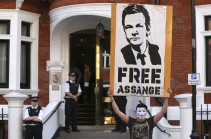
UK loses a set in its match with Assange
In an Op Ed in last weekend’s Ottawa Citizen, I commented on the Catch 22 situation the UK government now finds itself in with respect to Julian Assange. Earlier this week, the Foreign Minister of Ecuador, Ricardo Patino, announced his government’s decision to provide ‘diplomatic asylum’ to the founder of the Wikileaks website, who took up residence in the embassy in mid June to avoid extradition to Sweden to face questioning related to alleged sexual offences. In one sense, nothing has changed. British Foreign Secretary William Hague maintained yesterday that despite the decision of officials in Quito (the Ecuadorean capitol) to grant asylum, the UK will not allow Mr. Assange safe passage to Ecuador. He also rightly pointed out that the …
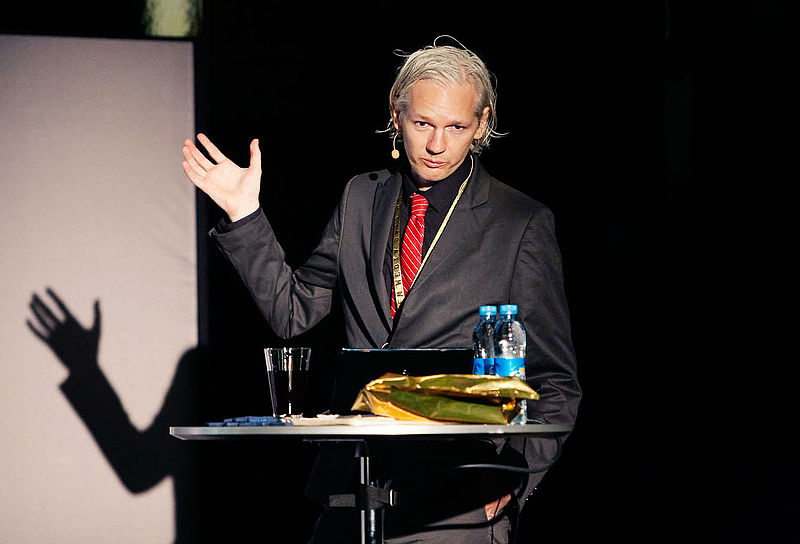
Will the UK Terminate the Diplomatic Status of Ecuador’s Embassy?
Ecuador has announced that it is granting asylum to Julian Assange, the Wikileaks founder, who has taken refuge in Ecuador’s embassy in London. Assange sought refuge in the Embassy after the UK Supreme Court ruled a few weeks ago that he may be extradited to Sweden where he is wanted for trial on allegation of committing sexual offences. In this dispute there are some points in the UK’s favour. It is fairly clear that Assange is not covered by Refugee Convention and is therefore not entitled to asylum as a matter of international law. That Convention does not apply to persons in respect of which there are serious reasons to believe they have committed a serious non-political crime (Art. 1(F)(ii)). Furthermore, as Matthew Happold pointed out in …
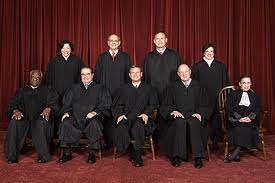
Obama Healthcare: Court vs. Congress
We will be talking about the Supreme Court’s decision to uphold the mandate as a tax for a long time. I’ve posted my initial two cents on The Monkey Cage, a US political science blog. But let me summarise a bit here. One of the many interesting sub-plots is what the Court’s actions this week imply for the role the Court plays relative to Congress. Roberts clearly voted against his conservative co-ideologues on the mandate. On the Medicaid expansion, we also see justices voting against their presumed co-ideologues in Congress. Breyer, Kagan would be considered pretty reliable liberal votes on policy question of expanding Medicaid. And yet they voted to limit congressional power to encourage/coerce states to implement this expansion. Another …









